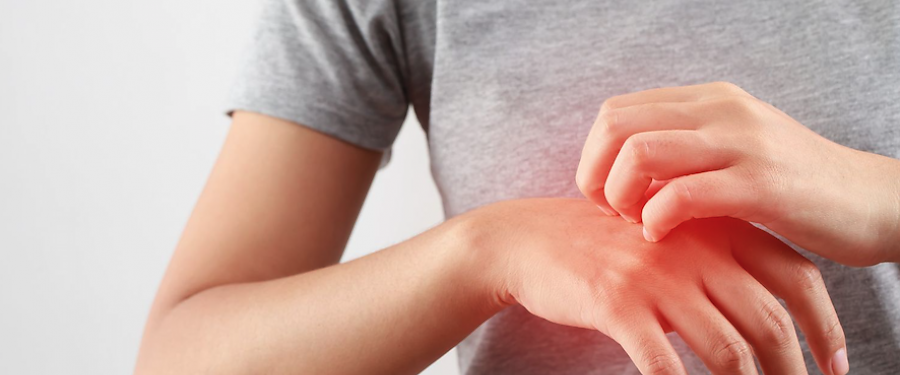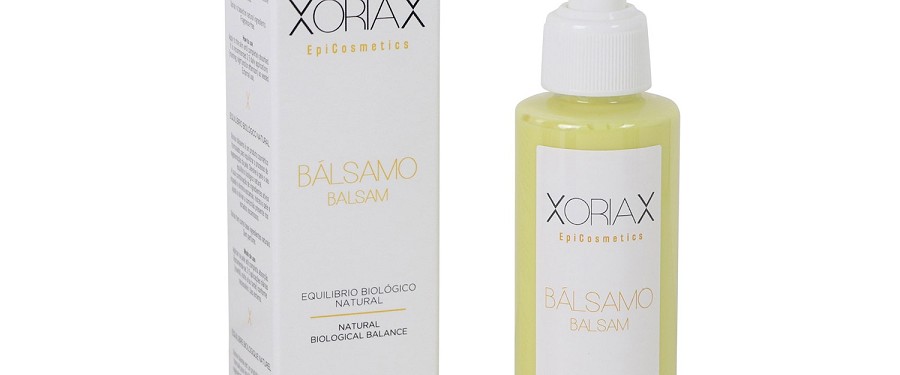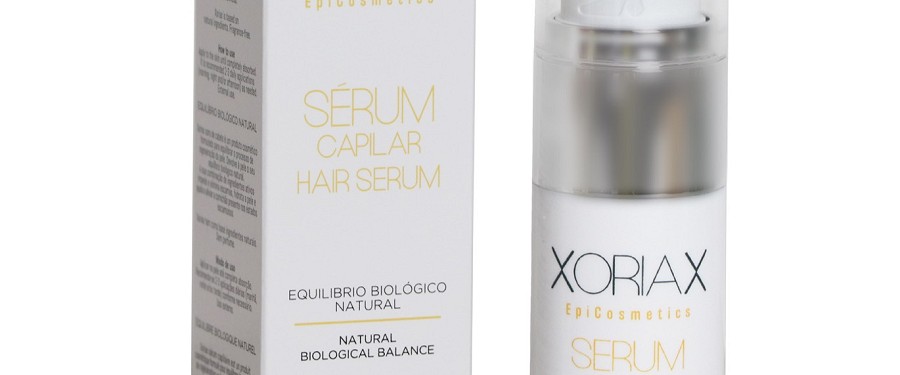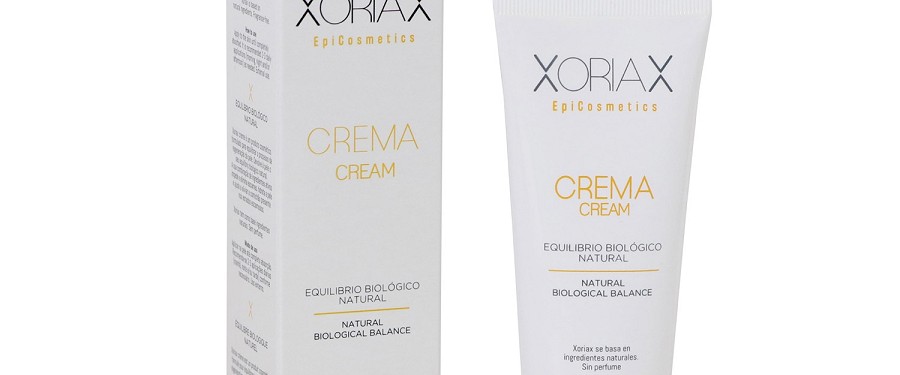

We will explain what psoriasis is, what factors to take into account to combat it, and what products and habits will help you relieve its symptoms. Shall we begin? Keep reading:
What is psoriasis?
Psoriasis is a skin disease that causes skin irritation with red, scaly, itchy patches, especially on the knees, elbows, trunk, and scalp.
On the one hand, specialists indicate that there is a genetic predisposition, but there are also different environmental factors that can trigger the appearance of psoriasis in people who are predisposed, such as emotional stress, certain medications, trauma, etc.
Even if there is a predisposition, it is not possible to know with certainty, nor to calculate the risk that a family member may have psoriasis.
Although there is no cure, the symptoms can be reduced and controlled.
How does psoriasis start on the skin?
Psoriasis occurs when the life cycle of skin cells accelerates, leading to a rapid accumulation of rough, dead cells. These cells accumulate and form thick, greyish scales and dry, reddish patches that sometimes cause itching or even pain.
Our laboratory has formulated a line of products to restore the skin's natural biological balance. Xoriax EpiCosmetics is a balm formulated to balance the skin regeneration process. Its combination of natural active ingredients prevents and eliminates scales, moisturises the skin and helps relieve the itching that is present in flaking states, with a tendency towards psoriatic and atopic skin.
It is recommended to use 2 or 3 applications daily in the morning, evening and/or afternoon, as needed.
For smaller areas affected by this disease, you can apply the 75 ml cream, it is a more concentrated solution to apply in areas such as elbows, knees, etc.
These are some of the factors that can make it more difficult to treat:
Bacterial or viral infections
Dry air or dry skin
Skin lesions, burns, insect bites, etc.
Stress
Obesity
Smoking
Little sunlight
Dermatologists recommend exposing psoriasis plaques to the sun without cream for 1 or 2 hours, between 9 and 11 in the morning, and between 4 and 6 in the afternoon in the central hours of the day to avoid sunburn.
Another recommendation is to resist the temptation to scratch, if you do it does not spread but it does put obstacles in the way of the healing process, to improve the symptoms it is very important to try to relieve the irritation to avoid scratching.
What does the sun do to Psoriasis?
UV radiation acts on the cells of the epidermis, decreasing inflammation and decreasing the proliferation of keratinocytes in psoriasis plaques.
Psoriasis can appear anywhere on the body, but it mainly affects the scalp, knees, elbows and torso. If it appears in a visible place, it can affect children psychologically, who are often ashamed of their physical appearance. In people who suffer from it, it can cause low self-esteem and they need constant support and even psychological help from a specialist.
Specialists recommend leading a healthy life, a diet high in fruits and vegetables.
How does psoriasis start on the scalp?
It can be mild, starting with a small peeling, or severe, causing thicker, more abundant dandruff, which is usually accompanied by a thick, red plaque on the scalp that can cause a lot of itching.
We recommend using our Natural Biological Balance Shampoo on damp hair with a gentle massage and rinsing with plenty of water to moisturise and help relieve the itching present in flaky scalp conditions with a tendency towards psoriatic or atopic scalp and Xoriax Hair Serum 30 ml with 100% natural products that do not leave hair greasy.
These are easy-to-apply products that can help you recover your skin and relieve the itching caused by psoriasis.
What can you do to prevent a psoriasis flare-up?
Flare-ups can be different for each person, but it is always best to avoid the factors that trigger it, friction, stress, not drinking or smoking excessively. Try to maintain as healthy a life as possible and protect the skin with products that help to moisturise and recover the skin.
It is advisable to wear loose clothing that is not too tight to avoid irritation and not aggravate psoriatic symptoms, choose soft and natural fibres such as cotton for clothing.
Exercising regularly not only improves general well-being, but also psoriasis, for this reason it is worth incorporating some physical activity into your daily routine, trying to change habits into actions that help you increase physical exercise, such as walking to the office, trying to climb the stairs instead of taking




